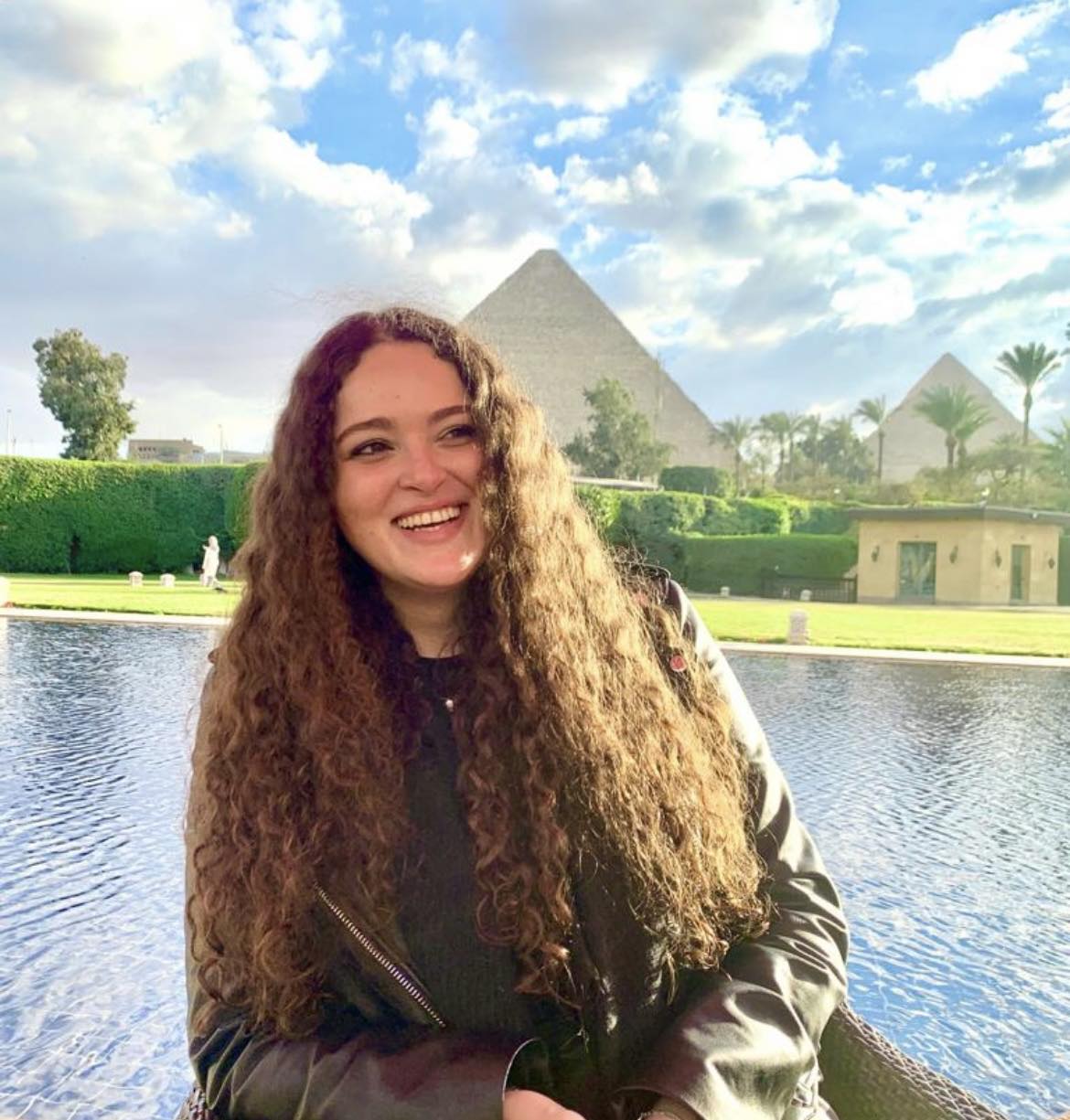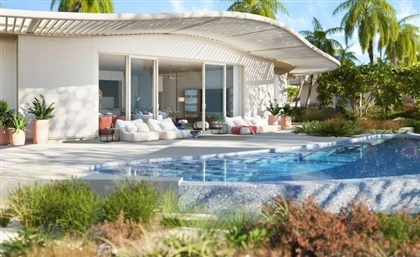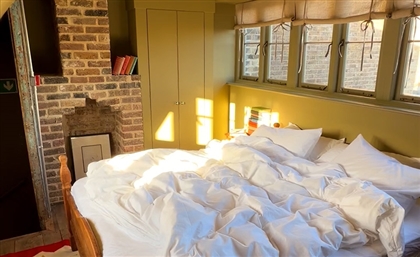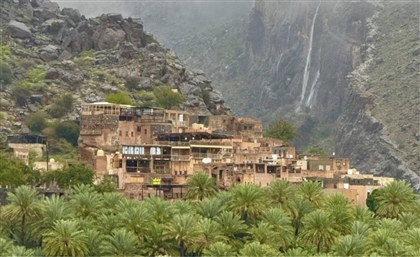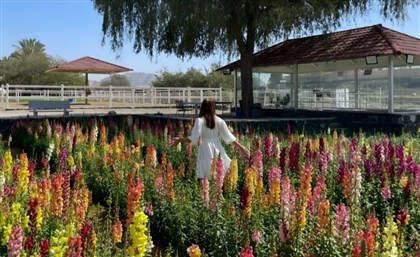A Walk Through Connected Cultures at the Louvre Abu Dhabi
With a uniquely chronological and theme-based display, the museum reveals common connections throughout humanity.
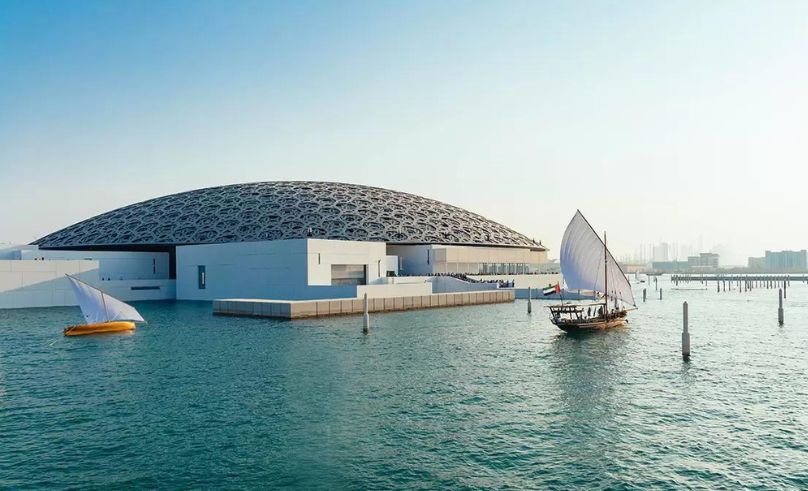
The Louvre Abu Dhabi, born from a groundbreaking collaboration between France and the UAE, stands as France’s largest cultural endeavour abroad and the Arab world’s first universal museum.
Located in the heart of the Saadiyat Cultural District on Saadiyat Island, the Louvre Abu Dhabi, inaugurated in 2017, showcases a rich collection of both ancient and contemporary artworks and artefacts, highlighting historic, cultural, and sociological treasures from around the world.
With 9,200 square metres of galleries to explore – including a Permanent Gallery and a Temporary Gallery filled with loans from prestigious French museums like Musee du Louvre, Musee d'Orsay, and Centre Pompidou – the Louvre Abu Dhabi was built with a unique exhibition design in mind. In an effort to explore the connections between civilisations and cultures that might – at first glance – seem to differ greatly in both time and geography, the museum was made to guide visitors through a chronological and thematic journey across 12 chapters, revealing common connections throughout humanity.
Although the artefacts might be the main attraction, the museum’s architecture does an impressive job of rivalring history itself. Jean Nouvel, the Pritzker Architecture Prize winner selected to design the museum, was inspired by the special features of its location – a virgin lagoon island nestled between sand and sea. The museum’s dome itself is a complex, geometric structure composed of different shaped and angled stars, which – as the sun passes – decorate the museum with geometric patterns known as the ‘rain of light’.
- Previous Article Inside Marmarica Boutique Cabanas on Egypt's Masyaf Ras El Hekma
- Next Article Travel Across History on Egypt's Most Iconic Bridges
Trending This Month
-
Feb 15, 2026



